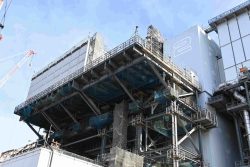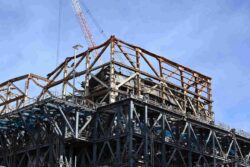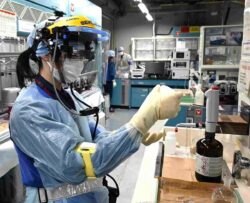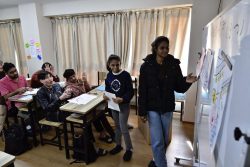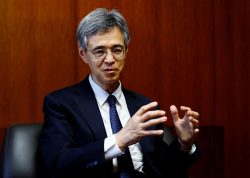Many Japanese Undecided on N-plants, Survey Says; U.S., U.K. Show Greater Enthusiasm for N-power
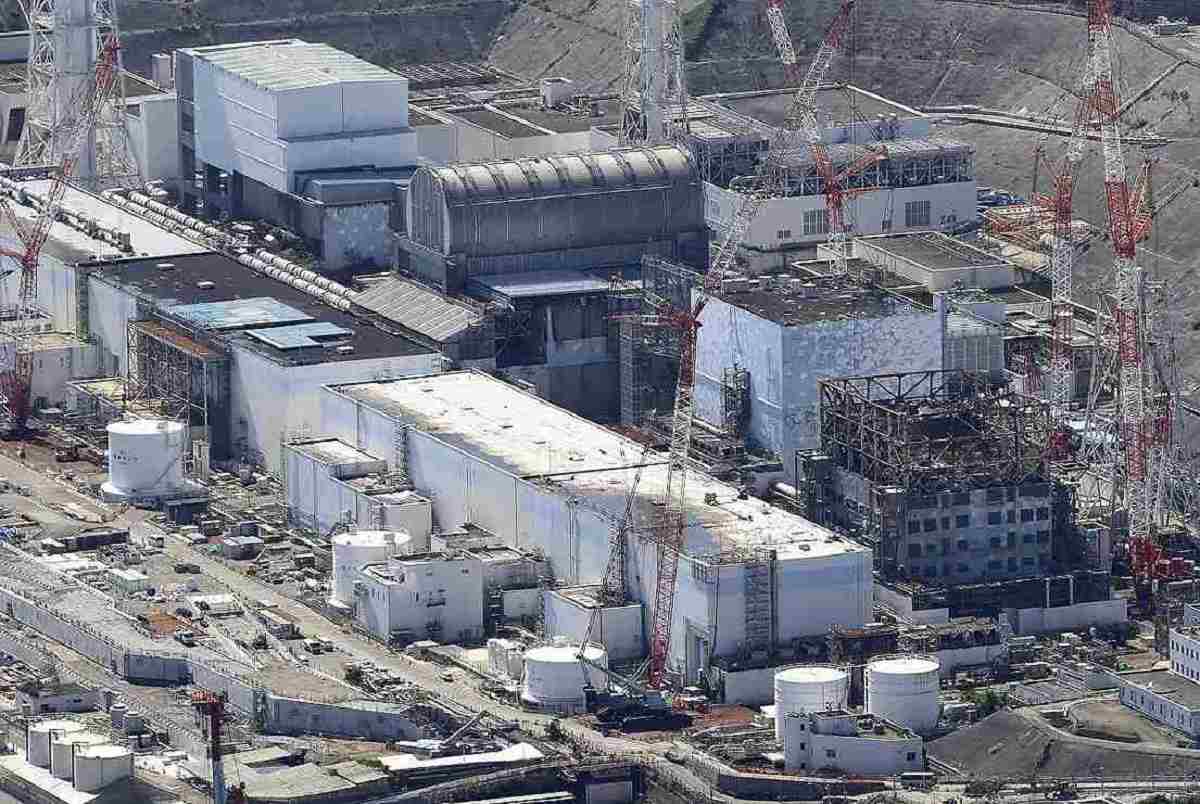
Tokyo Electric Power Company Holdings Inc.’s Fukushima No.1 nuclear power plant
15:52 JST, March 31, 2024
Japanese people tend to more often remain undecided on nuclear power plants than people in the United States and United Kingdom, a survey conducted in the three countries found.
The trend toward remaining undecided was also stronger among younger Japanese, according to the survey, which was conducted by Prof. Hiroshi Yamagata of the Nagaoka University of Technology.
The Japanese government promotes the maximal use of nuclear power plants. However, Yamagata, who specializes in system safety engineering, said, “We need to share information that is easy to understand, especially with the younger generation.”
Generally, public opinion polls about nuclear plants have been conducted country by country, making it difficult to accurately compare results. Yamagata’s survey was conducted simultaneously in Japan, the United States and the United Kingdom, asking the same questions to 2,600 people in Japan, 1,300 people in the United States, and another 1,300 people in the United Kingdom, with participants ages 15-99.
The survey found that 66% of U.S. respondents and 72% of those in Britain were in favor of “using existing nuclear power plants,” which includes those “in favor” and “strongly in favor.” That compared with 37% in Japan. “Building new nuclear power plants” garnered support from 59% of U.S. respondents and 63% of those in the United Kingdom, compared to 24% in Japan.
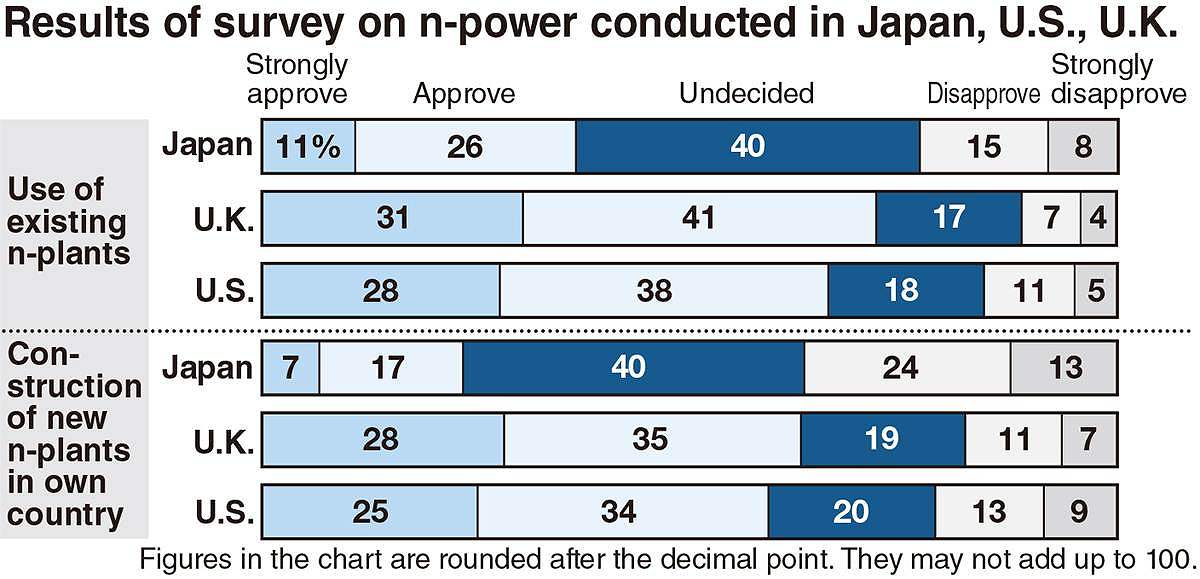
In contrast, 40% of respondents in Japan were “undecided” about both the use of existing nuclear plants and the construction of new nuclear plants, about twice as high as in the United States or Britain.
The younger the respondent in Japan, the greater the chance they were undecided. For example, for the question on the use of existing nuclear plants, 28% of those in their 70s or older were undecided, while 42% of those in their 50s and 48% of those in their 20s declined to express an opinion.
“People continue to feel uneasy about nuclear power due to the accident at Tokyo Electric Power Company Holdings Inc.’s Fukushima No. 1 nuclear power plant,” said Yamagata.
“The government and electric power companies should try to explain nuclear power plants while avoiding difficult technical terms,” he added. “It is also important to strengthen information sharing through the internet, with an eye particularly to the younger generations.”
Top Articles in JN Specialities
-
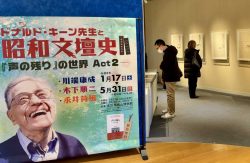
Exhibition Shows Keene’s Interactions with Showa-Era Writers in Tokyo, Features Newspaper Columns, Related Materials
-

The Japan News / Weekly Edition (2/20-2/26)
-

Step Back in Time at Historical Estate Renovated into a Commercial Complex in Tokyo
-

Senior Japanese Citizens Return to University to Gain Knowledge, Find New Career, Make Friends
-

“The Tale of Genji” Back-Translation Project Led to Touching Encounter with Keene; Poet Sisters Recount Memories of Scholar at Packed Talk Event in Tokyo
JN ACCESS RANKING
-

Producer Behind Pop Group XG Arrested for Cocaine Possession
-

Japan PM Takaichi’s Cabinet Resigns en Masse
-

Man Infected with Measles Reportedly Dined at Restaurant in Tokyo Station
-

Israeli Ambassador to Japan Speaks about Japan’s Role in the Reconstruction of Gaza
-

Videos Plagiarized, Reposted with False Subtitles Claiming ‘Ryukyu Belongs to China’; Anti-China False Information Also Posted in Japan


